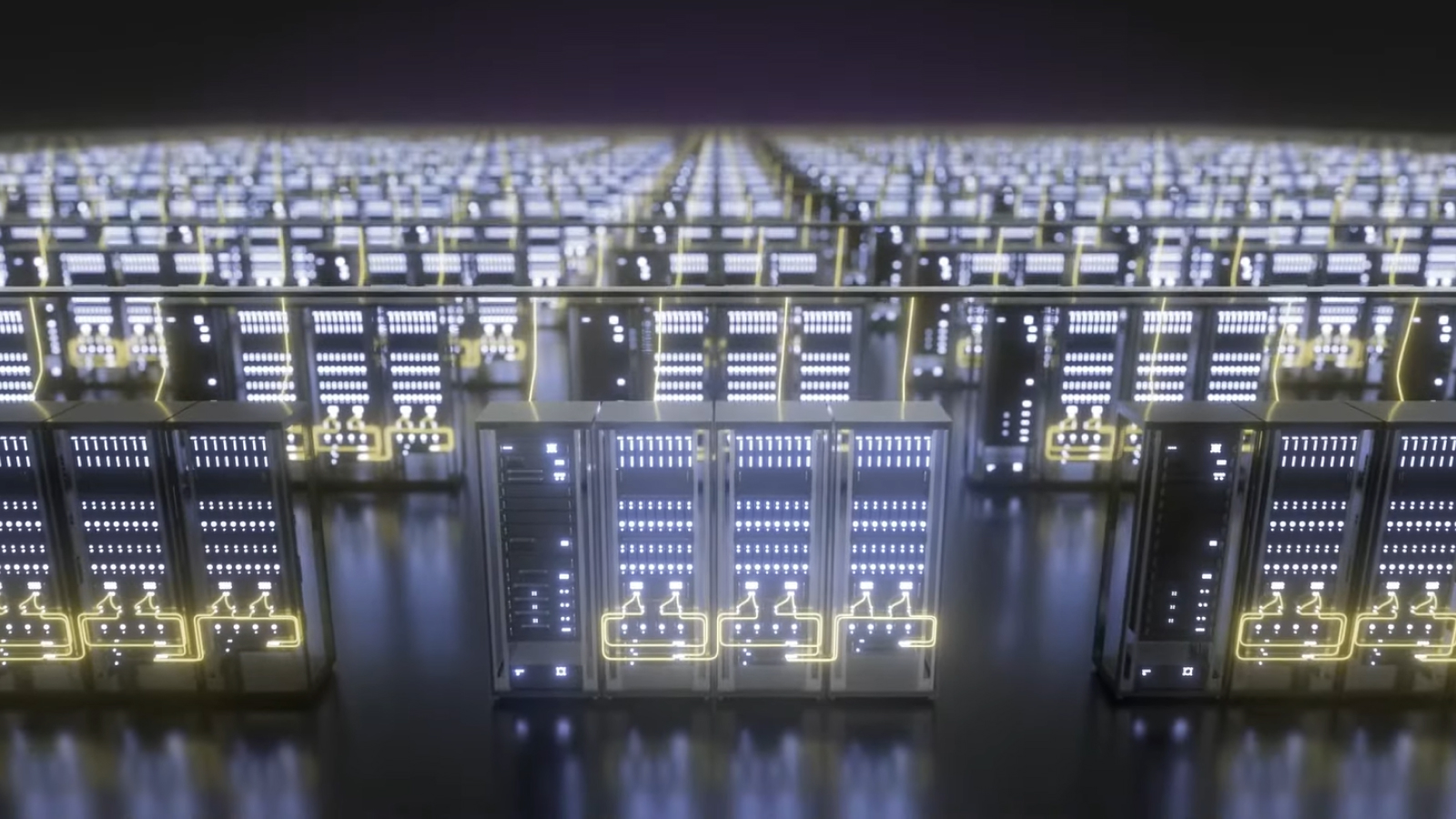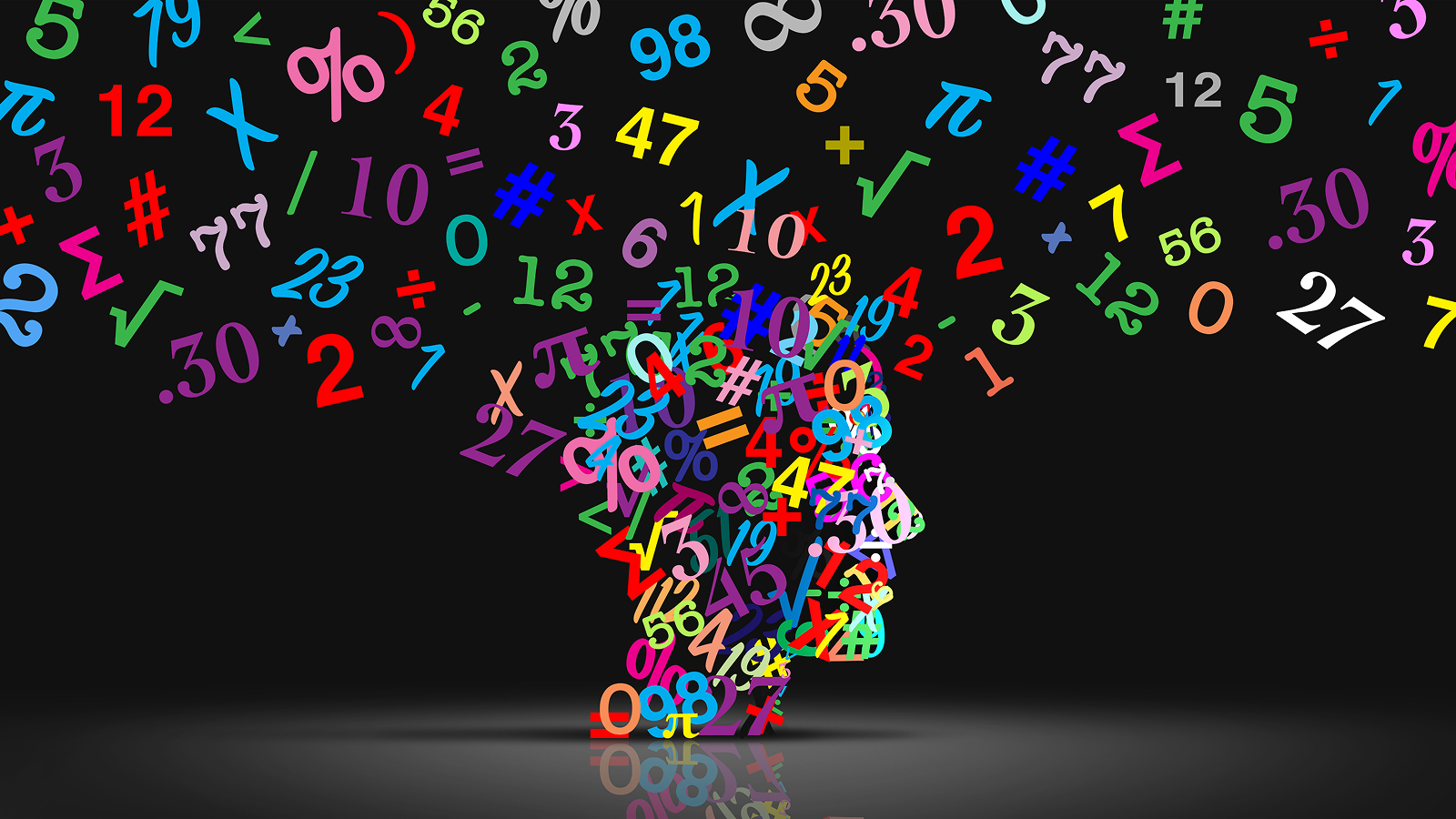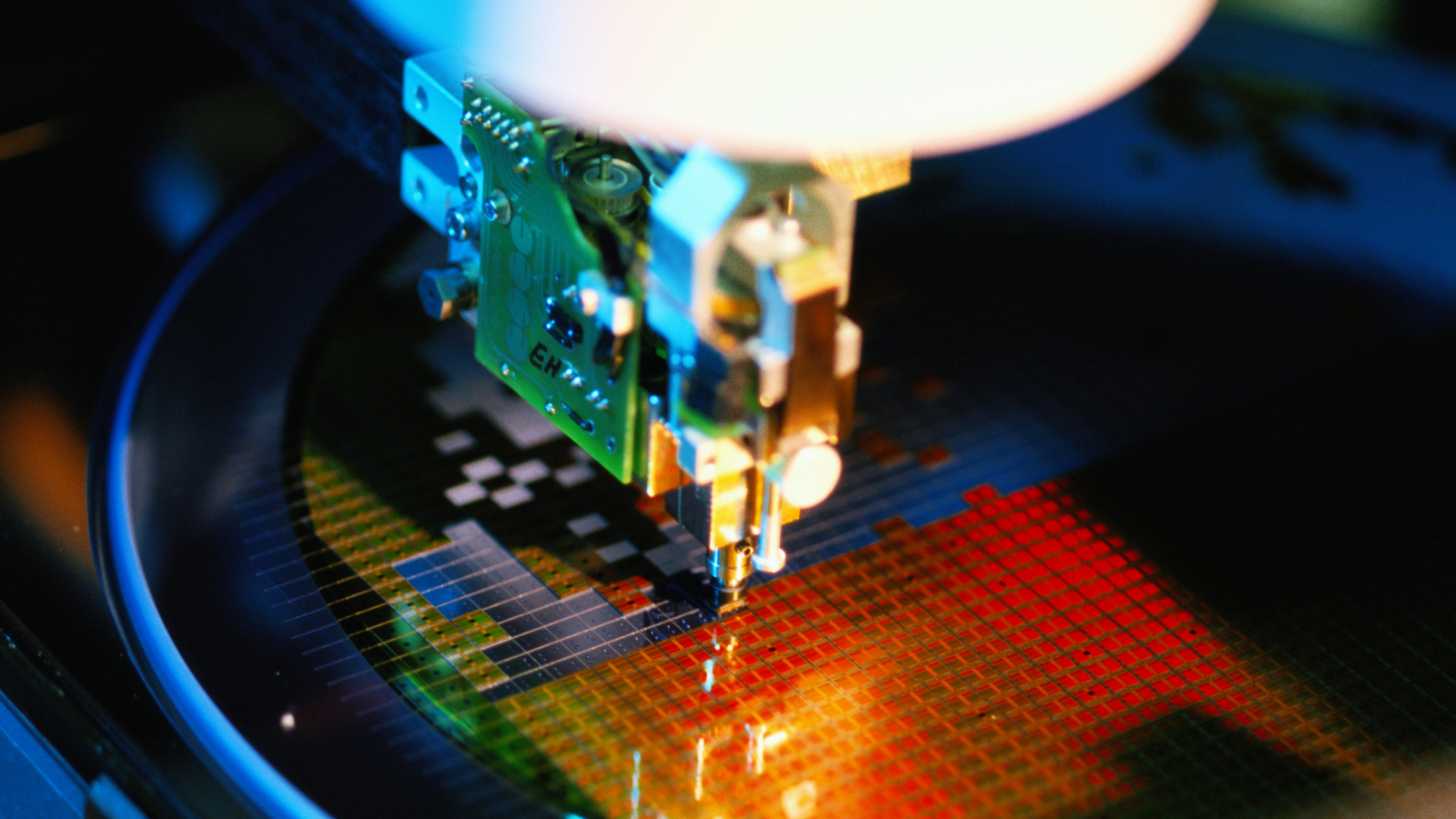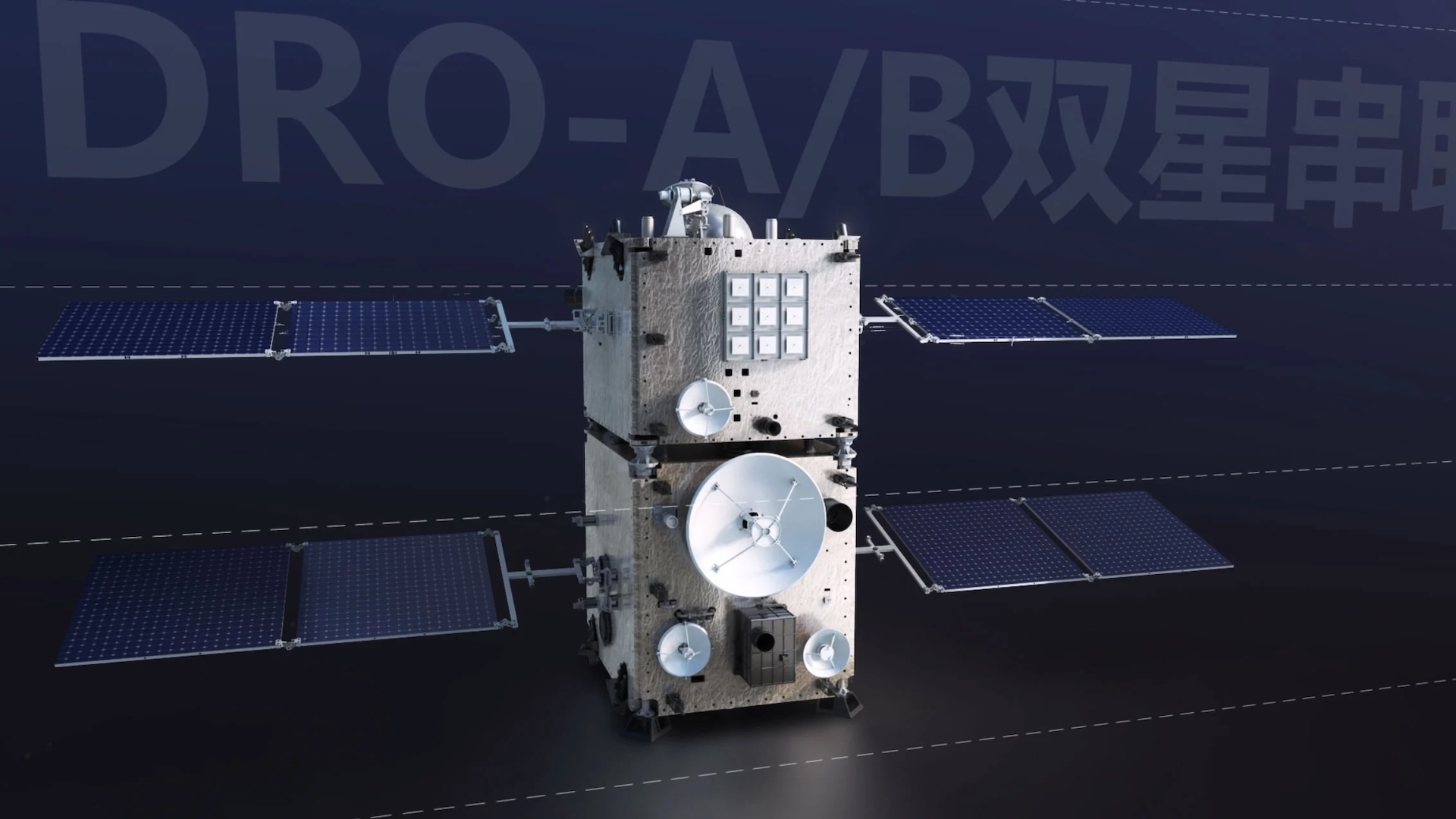
Lisa D. Sparks
Lisa D Sparks is a freelance journalist for Live Science and an experienced editor and marketing professional with a background in journalism, content marketing, strategic development, project management, and process automation. She specializes in artificial intelligence (AI), robotics and electric vehicles (EVs) and battery technology, while she also holds expertise in the trends including semiconductors and data centers.
Her career highlights include SEO content development for leading content development efforts for managed service providers representing vendors such as Cisco, Microsoft, and Veeam; managing a company-wide initiative to categorize all acronyms in a highly specialized industry; and creating streamlined systems that cut days out of weekly administrative tasks. She holds certifications in agile project management from the Project Management Institute and Strategic Development from McKinsey and Company. She loves working with teams and leading by example through her commitment to integrity and open communication. She values diversity and she understands the rewards that varied perspectives and experiences bring to the table. She has provided journalism, blog writing, and IT marketing leadership for top brands such as Constant Contact, TD Synnex, and Cisco.
Lisa remains curious about many topics in tech and beyond. She enjoys exploring answers and better questions about our world. She is bilingual, speaking and writing fluent English while continuing to practice and develop communication skills in Spanish. She is also founder and editor of Digital Infrastructure News and Trends (DINT) a weekday newsletter at the intersection of tech, race, and gender.
Latest articles by Lisa D. Sparks

World's 1st modular quantum computer that can operate at room temperature goes online
By Lisa D. Sparks published
Scientists have built the first networked quantum computer using photons, demonstrating that room-temperature modules can be connected and scaled up.

'Math Olympics' has a new contender — Google's AI now 'better than human gold medalists' at solving geometry problems
By Lisa D. Sparks published
Google's second generation of its AI mathematics system combines a language model with a symbolic engine to solve complex geometry problems better than International Mathematical Olympiad (IMO) gold medalists.

New supercomputing network could lead to AGI, scientists hope, with 1st node coming online within weeks
By Lisa D. Sparks published
Scientists hope to accelerate the development of human-level AI using a network of powerful supercomputers — with the first of these machines fully operational by 2025.
Sign up for the Live Science daily newsletter now
Get the world’s most fascinating discoveries delivered straight to your inbox.

